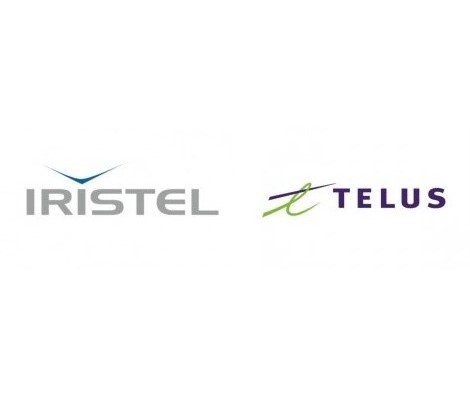
GATINEAU – If Iristel wants to make sure hospitals can reach patients who are also its customers on the phone in order to call them in for surgery, then the company should stop illegally boosting network traffic so those calls make it through, Telus told the CRTC in a letter today (September 28).
This week, the CBC posted a story detailing how a hospital could not reach a cancer patient in Behchoko, NWT (about 100 kms northwest of Yellowknife) in order to call her in for surgery. She is an Ice Wireless customer – which is a division of Iristel – and hospital officials say they couldn’t reach her for two days. Iristel CEO Samer Bishay was quoted in that story decrying Telus, and then early on Friday September 28, submitted a letter to the editor of Cartt.ca warning “it could be a matter of life and death if Telus continues to wantonly block calls to Ice Wireless customers.”
The two companies are embroiled in a regulatory battle where each blame the other for the failed calls. Iristel filed a Part 1 application to the CRTC in August that said Telus has intentionally reduced its network capacity on certain toll transit circuits which carry Telus traffic to Iristel numbers in the 867 numbering plan area in northern Canada, causing congestion in the network that has in turn caused hundreds of phone calls from Telus customers to certain Iristel end users and Ice Wireless customers to fail.
Telus responded by saying it has evidence Iristel or other telecom service providers which use Iristel’s numbers in the 867 NPA are engaging in traffic stimulation-related activities that have caused a noticeable spike in traffic from Telus’s network to Iristel’s 867 numbers, which benefits Iristel. Telus says the jump was first detected in April, with traffic levels rising to four or five times normal levels by May.
This isn’t the first time Iristel has been accused of being engaged in activities that artificially stimulated traffic toward 867 numbers. In December 2017, the CRTC ruled in favour of a Rogers complaint against Iristel, finding that a volume-based revenue-sharing arrangement with one of its customers, Free Conference Call Global, had acted as an incentive to stimulate traffic to high-cost serving areas, such as the 867 NPA in Canada’s north.
In its letter to the CRTC Friday, Telus said this is exactly what Iristel is again doing, but this time, it’s trying to fight the regulatory battle through the media, too.
“It is vividly apparent that Iristel is seeking to try its case in the media rather than before the Commission – where Iristel’s illegal traffic stimulation practices have previously attracted sanctions,” reads the letter. “This is a transparent tactic to pressure the Commission and undermine its processes. The Commission should not be taken in by this.
“Second, this is a simple case. The Commission has previously found Iristel to be engaged in illegal traffic stimulation practices, contrary to section 27(2) of the Telecommunications Act. The Commission ordered Iristel to cease those practices. Iristel is, once again, engaging in illegal traffic stimulation practices on a large scale. It is notable that the subject of the CBC story lives in Behchoko,” continues the letter.
“Telus successfully completes, on average, # # minutes of voice traffic to a single Behchoko number every day, a number owned by Iristel and assigned to FreeConference.com. Iristel was ordered by the Commission to terminate its agreement with this company but did not do so. Instead, Iristel continues to assign its numbers in NPA 867 to FreeConference.com and other operations that stimulate inbound traffic for the benefit of Iristel. The Commission should order Iristel to cease this practice forthwith.”
Telus redacted the number of minutes in its abridged letter for the public file (which is why you see # #), saying it is competitively sensitive information.
“Telus strongly objects to Iristel’s assertion that Telus is responsible for the congestion on the interconnection with Iristel. Iristel alone has caused this congestion through the resumption of its illegal traffic stimulation practice. And Iristel alone can remedy any congestion concerns through the cessation of this illegal practice.”



